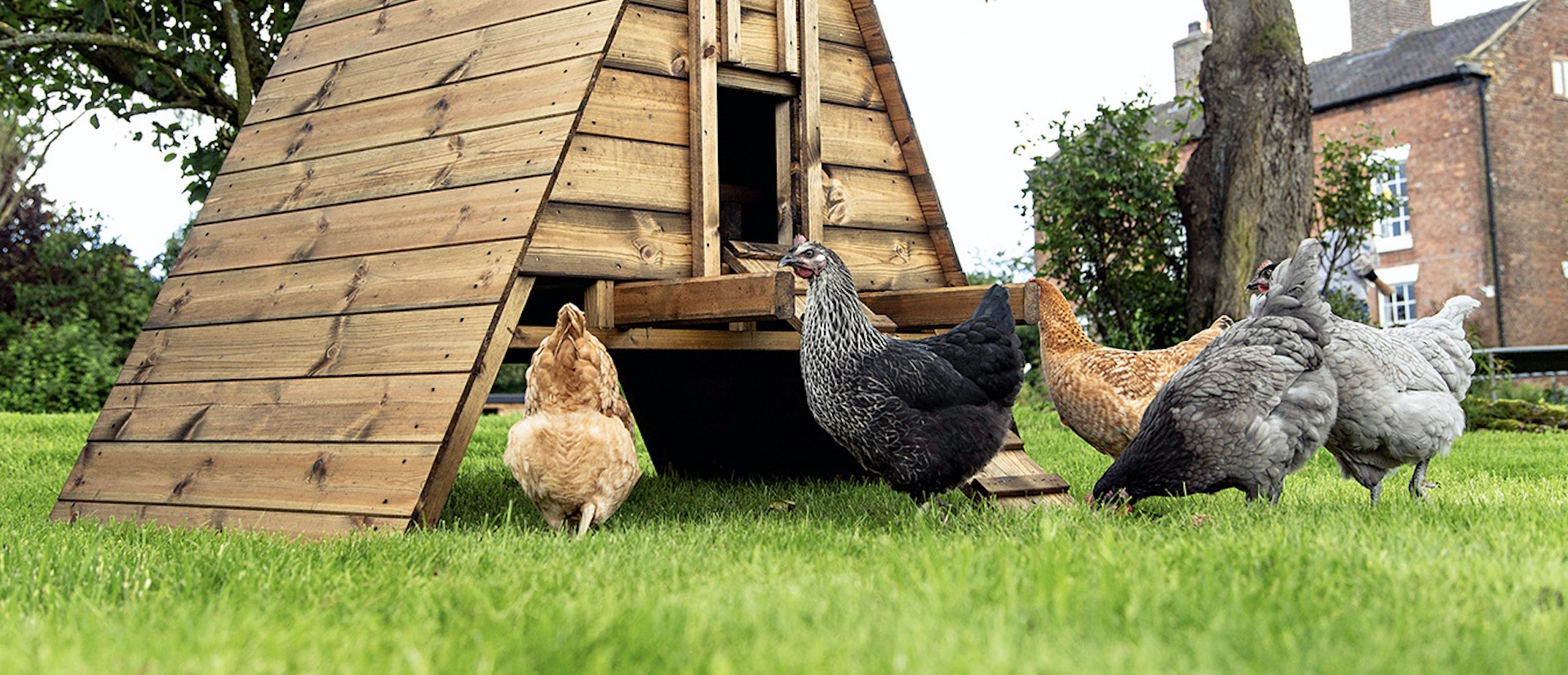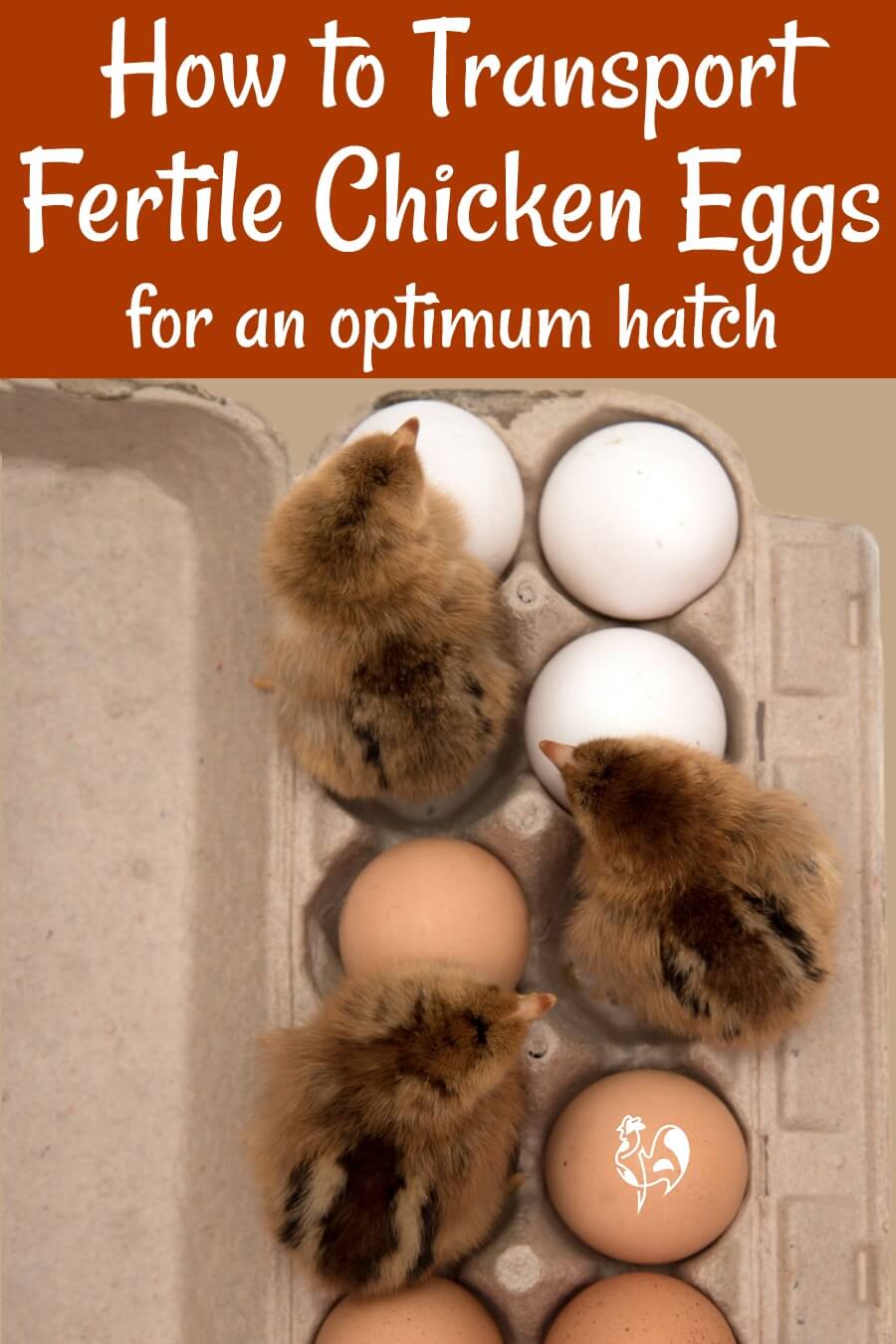Why eggs don’t hatch is a question that has puzzled chicken keepers for centuries. Even with today’s more advanced technology and understanding of chicken husbandry, there are still many factors that can prevent eggs from hatching. In this article, we will explore the science behind why eggs don’t hatch and how chicken keepers can best care for their birds to ensure successful hatching. From temperature to humidity, we will discuss all the important factors that contribute to successful hatching.
Chicken Husbandry

Breeding
Eggs don’t hatch if the female chicken and the male chicken are not genetically compatible. The female chicken will lay an egg, but if it is not fertilized, the egg will not hatch. To ensure that eggs are fertilized, the chicken farmer must breed chickens that are genetically compatible. This means that the chickens must come from the same breed and be of the same age.
Housing
Eggs will not hatch if the temperature and humidity are not maintained in the coop. The ideal temperature for hatching eggs is between 99 and 101 degrees Fahrenheit. The ideal humidity for hatching eggs is 40 to 50%. If the temperature or humidity is not maintained, the eggs will not be viable for hatching.
Nutrition
Nutrition plays a key role in the hatching of eggs. The female chicken must have a balanced diet to ensure that the eggs she lays are viable. If the female is not provided with adequate nutrition, the eggs she lays will not be viable for hatching. Additionally, the chickens must have access to clean water to ensure that the eggs are properly hydrated.
Common Reasons Why Eggs Don’t Hatch
Incorrect Temperature
The temperature of the incubator is essential for a successful hatch. If it is too hot, the embryos will die quickly and if it is too cold, the embryos will not develop properly. The ideal temperature for hatching chicks is between 99.5-100.5°F (37.5-38°C). If the temperature is not properly regulated, you can expect the eggs not to hatch.
Poor Egg Quality
If the egg quality is poor, the embryo may not be able to develop properly. Poor quality eggs may be too old, cracked, or have been infested with bacteria or fungi. Poor egg quality can also be caused by a vitamin deficiency or poor nutrition in the hen.
Infertile Eggs
Infertile eggs are eggs that are not fertilized. If the rooster does not mate with the hen, the egg will not be fertilized and will not hatch. This can be caused by a lack of a rooster, a rooster that is not fertile, or a hen that is not able to lay fertile eggs.
Incubator Malfunction
If the incubator is not functioning properly, the eggs may not hatch. Incubator malfunctions can include incorrect temperature, humidity, or ventilation. If the incubator is not properly calibrated, the eggs may not hatch. Additionally, if the eggs are not turned regularly, the embryos may not develop properly and the eggs will not hatch.
Frequently Asked Questions
What are some common causes of eggs not hatching?
Eggs can fail to hatch for a variety of reasons, including improper incubation temperature, humidity, or length of incubation, a genetic defect in the egg, or a mistake made during candleing or candling the egg. In addition, improper nutrition, age, and fertility of the parents can also lead to eggs not hatching. In some cases, the egg may have been infertile or the embryo may have died early in its development.
What Steps Can Be Taken to Ensure Proper Chicken Husbandry?
Provide a Healthy Diet: To ensure proper chicken husbandry, chickens should be given a balanced diet of proteins, carbohydrates, fats and minerals. This should include a variety of fresh fruits and vegetables, grains, and commercially produced chicken feed.
Ensure Adequate Housing: Chickens should be kept in clean, dry, and well-ventilated housing to protect them from predators, disease, and adverse weather conditions. The housing should have enough space for the chickens to move around and have access to food and water.
Practice Good Sanitation: Good husbandry practices include keeping the chicken’s living environment clean, disinfecting housing and equipment regularly, and regularly cleaning and changing the bedding.
Provide Adequate Space: The housing should be large enough to accommodate the chickens’ natural behavior and provide them with enough space to move around.
Monitor Health: Regularly monitor the chickens for signs of disease, parasites, and other health issues. Treat any health problems immediately to prevent them from spreading to other chickens.
Keep Records: Maintain records of the chickens’ health and performance to better monitor their progress and make more informed decisions.
What Environmental Factors Might Affect the Hatching Process?
Temperature, humidity, and ventilation are the most important environmental factors that can affect the hatching process. Temperature must remain consistently warm throughout the incubation period, while humidity should remain high to prevent the egg from drying out. Proper ventilation must also be maintained to help regulate humidity and temperature levels and to keep fresh oxygen circulating. Poor environmental conditions can lead to poor hatching rates, as well as increased risk of bacterial contamination.
Are there any specific medical conditions that can interfere with a chicken’s ability to lay eggs?
Yes, there are some medical conditions that can interfere with a chicken’s ability to lay eggs. These include diseases such as avian flu, Marek’s disease, and infectious bronchitis, as well as parasites and other infections. Stress and poor nutrition can also lead to a decrease in egg production. Additionally, hormonal imbalances and age can cause a decrease in egg-laying. If a chicken is exhibiting any signs of illness or has a decrease in egg production, it is best to consult a veterinarian to determine the cause and the best course of treatment.
Is there any way to increase the rate of successful hatching?
- Optimal Temperature: The temperature of the incubator should be carefully monitored and adjusted to ensure that the eggs are kept at the optimal temperature for successful hatching. If the temperature is too low, the embryos will not develop properly.
- Humidity: Humidity is also important for successful hatching. The ideal humidity should be around 50–60%. Too much humidity can cause the eggs to become soggy, while too little humidity can cause the embryos to dry out and die.
- Ventilation: Adequate ventilation should be provided in the incubator to ensure that the eggs are receiving fresh air. Poor ventilation can cause the eggs to become too hot or too cold and will reduce the chances of successful hatching.
- Nutrition: The mother hen should be provided with a balanced diet to ensure that the eggs are being provided with the nutrients they need for proper development. Poor nutrition can cause the embryos to be weak and less likely to survive.
- Handling: The eggs should be handled carefully during incubation to ensure that the embryos are not damaged. Rough handling can cause the embryos to die or become weakened and less likely to survive.
These factors can all help to improve the chances of successful hatching. It is important to ensure that the incubator is properly set up and that the eggs are being handled and provided with the necessary nutrition and ventilation.
Conclusion
The practice of chicken husbandry is an important part of animal husbandry and poultry production, and the understanding of the science behind why eggs don’t hatch is essential for the successful raising of chickens. Through the study of the various factors that affect the hatching of eggs, including the temperature, humidity, and age of the egg, chicken farmers are able to make informed decisions about how to best care for their chickens. Proper care and management of chickens is key to ensuring a successful egg production each year.
